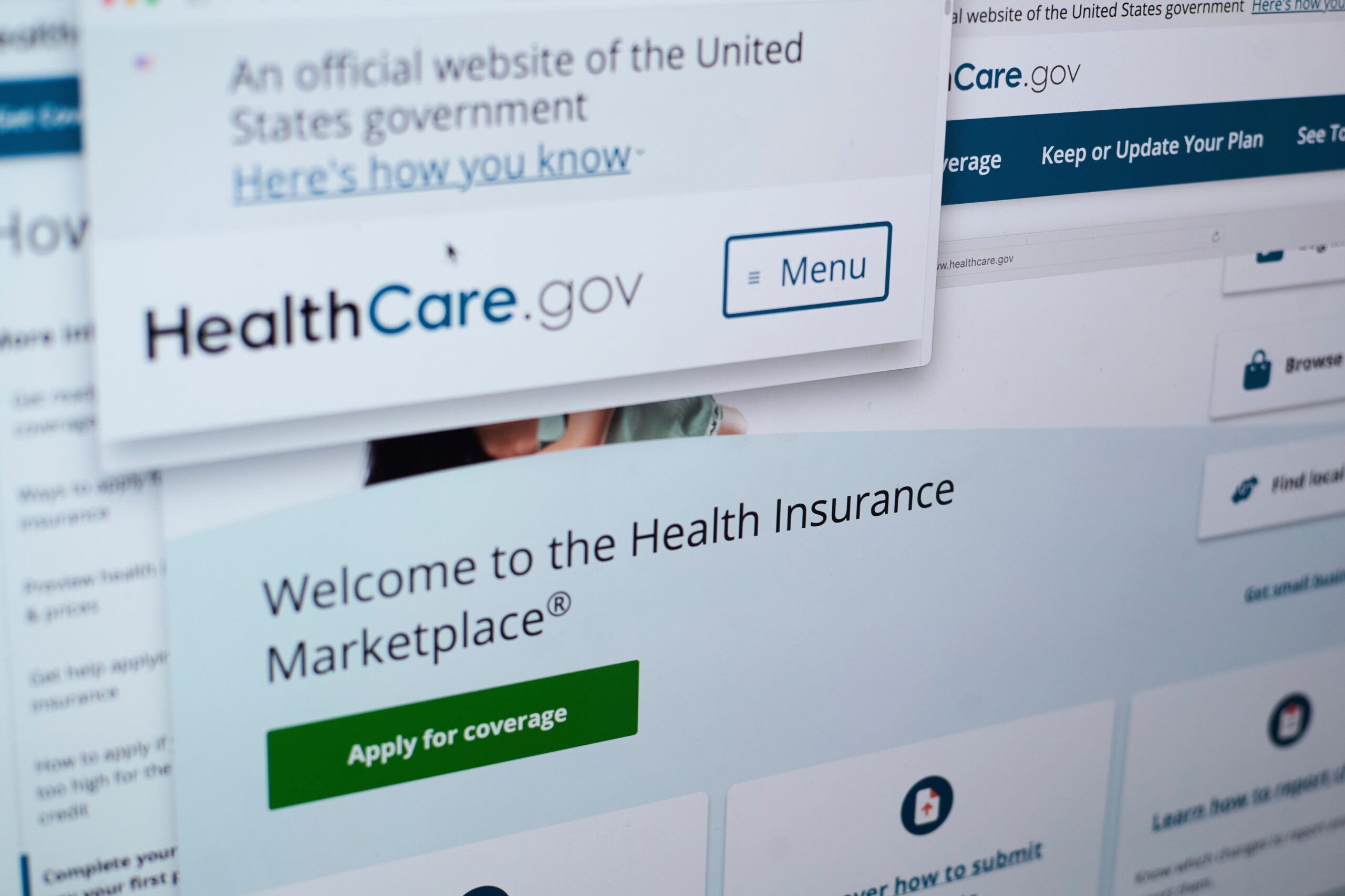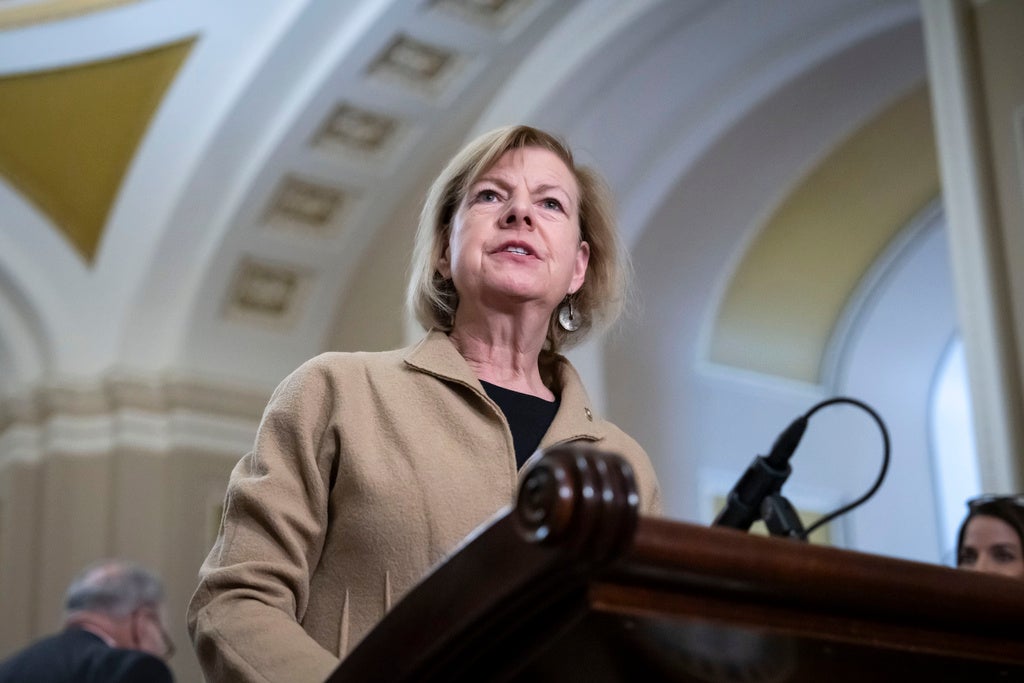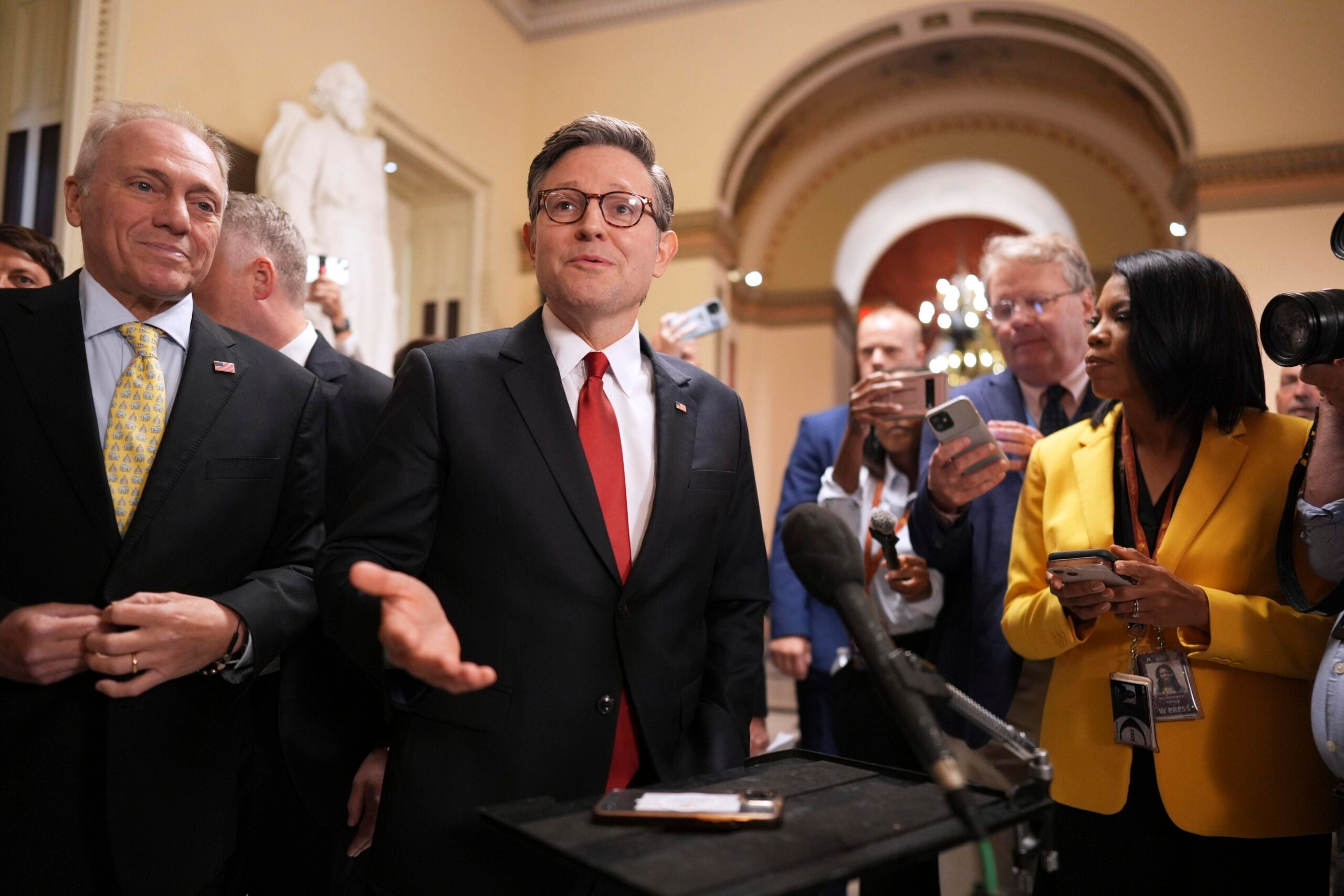The health insurance industry thrives on predictability. But circumstances at the national and state level have made for a lot of uncertainty.
The state of Wisconsin considered, and rejected, self insuring state and local government workers, at least for now. As it stands, the State Group Health Insurance market will continue as a fully insured model, but with six fewer companies selling coverage. Wisconsin’s Affordable Care Act marketplace also saw insurers Anthem, Molina and Health Tradition leave. Congress tried repeatedly to repeal the ACA but couldn’t agree on a replacement. And congressional efforts to lock in federal subsidies for insurance companies so they can lower consumers out-of-pocket costs are stalled.
Regardless of the changes, the state’s 72 counties will be covered.
News with a little more humanity
WPR’s “Wisconsin Today” newsletter keeps you connected to the state you love without feeling overwhelmed. No paywall. No agenda. No corporate filter.
Cathy Mahaffey CEO of Common Ground Heatlhcare Cooperative says all the uncertainty makes it hard to set premiums. Insurers selling on Wisconsin’s federally-run marketplace had to finalize 2018 rates without knowing if subsidies known as cost sharing reductions would continue.
“So that’s been extremely challenging this year. We’ve had our share of challenges since the Affordable Care Act has been enacted but I would have to say that (preparing for) 2018 has been one of the most difficult, trying to make decisions in this ever-changing market,” said Mahaffey at a Wisconsin Health News forum in Madison on Tuesday.
The federal government will release final rates when enrollment begins Nov. 1. But consumers can expect double digit premium increases next year.
“The definition of pretty significant is subject to people’s own interpretation but I think double digits is what the (ACA) market will likely see. There’s a number of factors. The CSR’s (cost sharing reductions) are a component,” said Frank Lucia, CEO of Dean Health Plan.
“The rate increase will cause some problems in the marketplace,” said Terry Bolz, CEO of Quartz Health Solutions. “There’s some folks that are going to leave the market, which is unfortunate,” said Bolz.
Churn — the term for people buying insurance but not renewing it — has also added to the volatility in insurance prices. Several insurance executives on the panel said the requirement that people have health insurance is a good concept but not strictly enforced.
“You know auto drivers are required to carry insurance,” said Lucia. “Its’ really meant to insure that there is a degree of protection for all consumers. So the concept of having a balanced risk pool requires that you’re going to get people in who are younger and healthier. You need a mechanism to balance the risk pool.”
Younger people are generally more healthy and balance out the expense of covering consumers who have chronic conditions or are sicker.
“We don’t have enough lower utilizers of healthcare to offset the higher utilizers. In 2015 just 200 of our members accounted for 53 percent of our costs. Last year, a little better: 524 accounted for over 50 percent of our costs,” said Mahaffey.
Wisconsin Public Radio, © Copyright 2026, Board of Regents of the University of Wisconsin System and Wisconsin Educational Communications Board.






